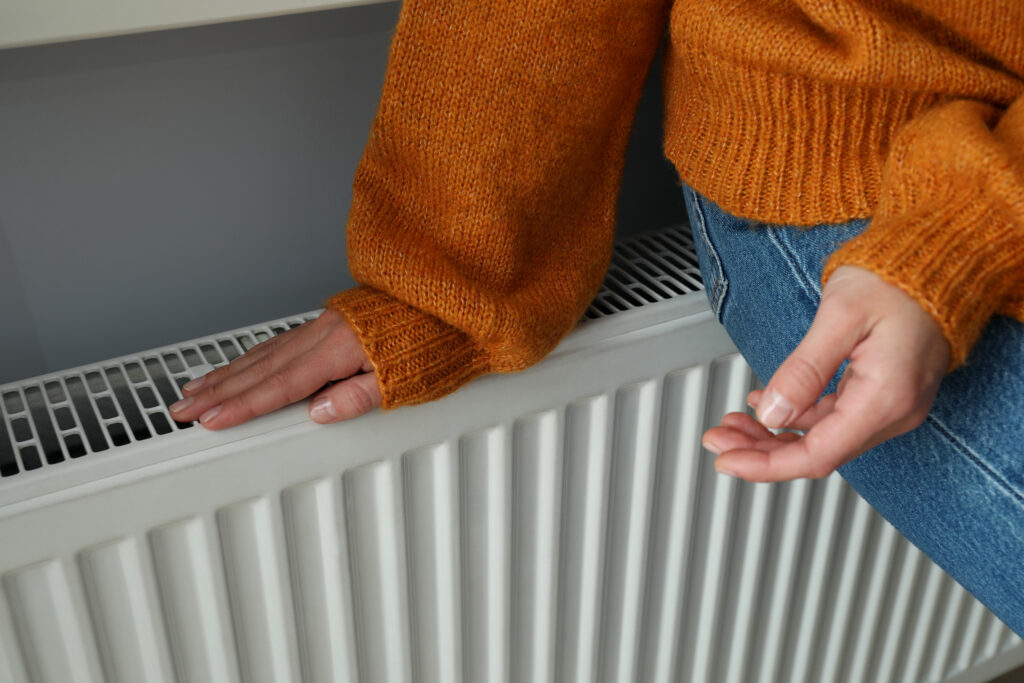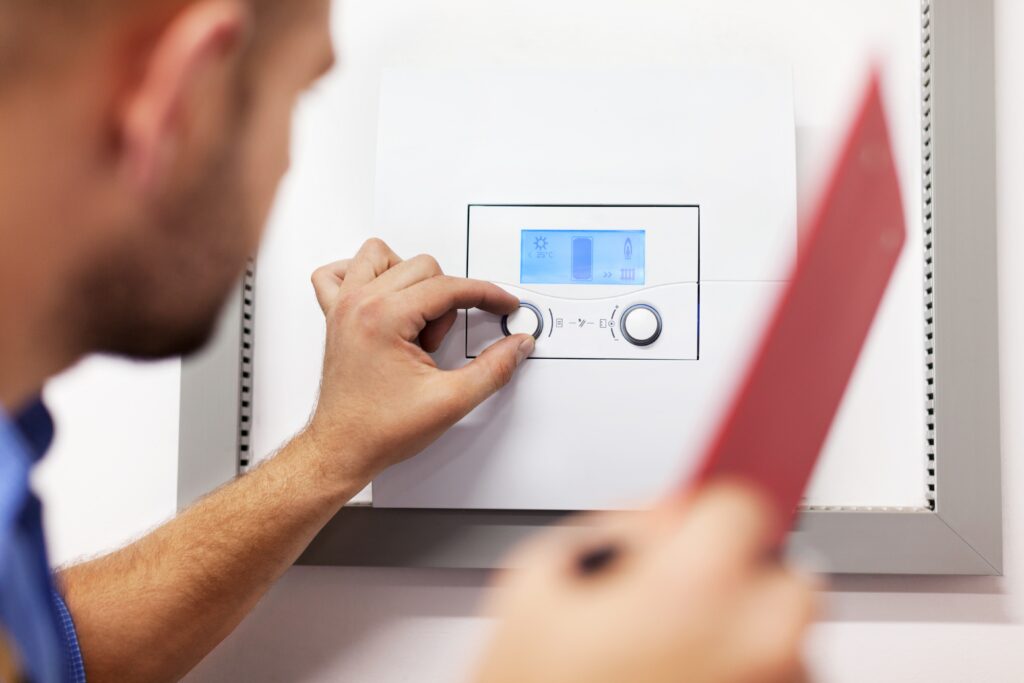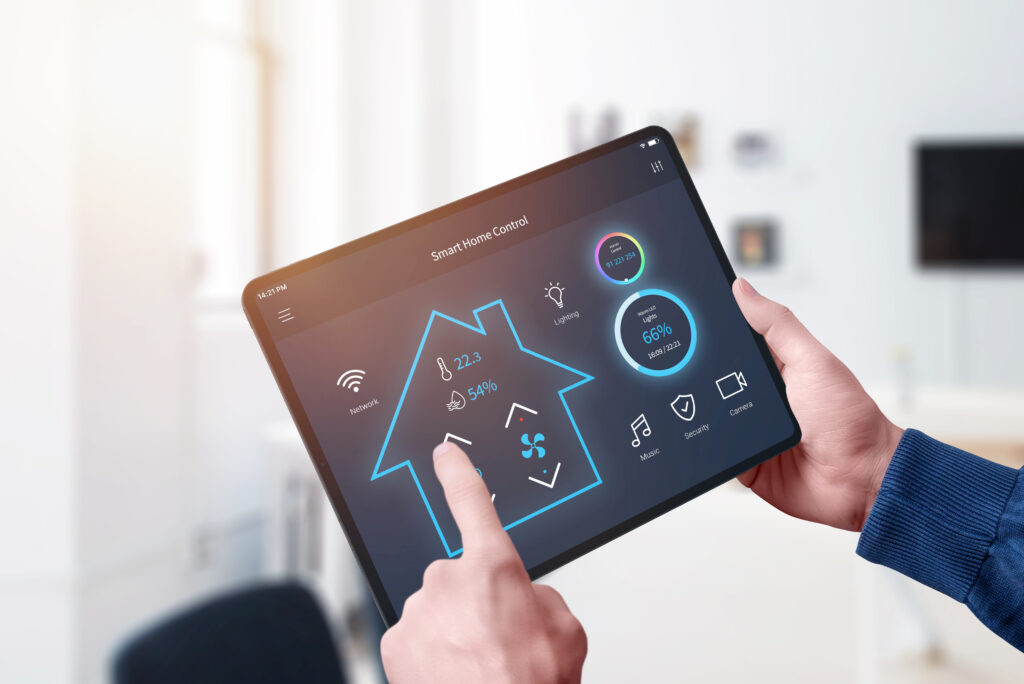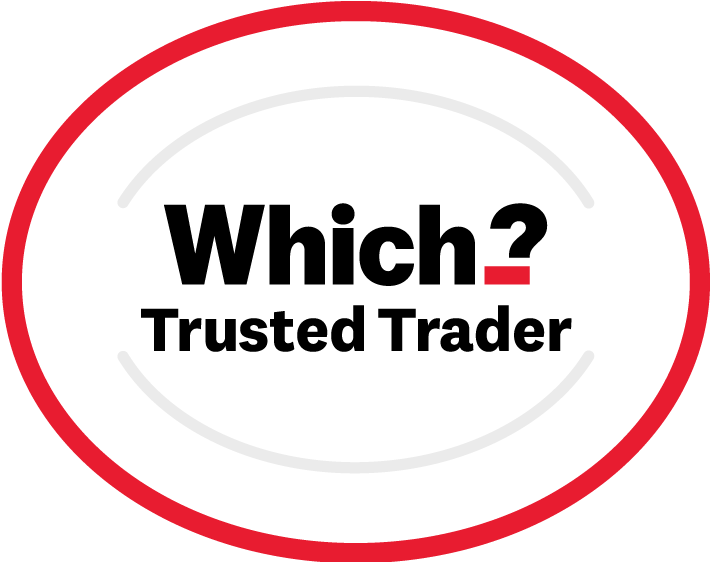Ideas and Tips to Keep Your Central Heating Running Efficiently and Effectively From Heat-Tec
As we transition from the warmer months into the chilly embrace of winter, ensuring that your central heating system is running efficiently and effectively is more important than ever. Whether you have an open vented central heating system or a sealed system, the principles of maintaining and optimizing your heating remain largely the same. In this guide, we’ll provide you with practical tips to keep your central heating system in top condition, ensuring a warm and cozy home throughout the colder months while also helping to reduce energy bills.
Regular Servicing and Maintenance
One of the most effective ways to keep your central heating system running efficiently is through regular servicing and maintenance. Boilers, radiators, and central heating circulating pumps all require periodic checks to ensure they are functioning correctly.
- Boiler Servicing: An annual boiler service is crucial. A qualified Gas Safe engineer will inspect your boiler, clean the components, and ensure it’s running safely and efficiently. A well-maintained boiler can prevent breakdowns, extend its lifespan, and ensure it’s operating at optimal efficiency, which can save you money on your energy bills.
- Radiator Bleeding: Over time, air can become trapped in your radiators, causing cold spots and reducing the efficiency of your heating system. Bleeding your radiators removes this air, allowing hot water to circulate freely and heat your home more effectively.
- Check Your Central Heating Circulating Pump: The circulating pump is essential for moving hot water around your central heating system. If this component is not functioning correctly, your radiators might not heat up evenly, or your system might be slow to warm up. Regularly check the pump for any signs of wear and tear, and ensure it’s set to the correct speed for your system’s needs.
Consider Upgrading to a More Efficient System
If your central heating system is old, it might be worth considering an upgrade. Modern systems are designed with energy efficiency in mind, often saving you a significant amount on your heating bills over time.
- Condensing Boilers: If you still have a non-condensing boiler, upgrading to a condensing boiler could improve your heating system’s efficiency by up to 90%. Condensing boilers capture and reuse heat that would otherwise be lost, making them far more efficient than older models.
- Smart Thermostats: Installing a smart thermostat can give you greater control over your heating system. These devices allow you to program your heating to match your schedule and can be controlled remotely via a smartphone app. Smart thermostats can learn your habits over time and adjust your heating patterns to save energy without compromising comfort.
Insulate Your Home and Heating System
A significant amount of heat loss can occur if your home is not properly insulated, making your central heating system work harder than necessary. By insulating your home and certain parts of your heating system, you can keep the heat where it belongs—inside your home.
- Loft and Wall Insulation: Ensuring your loft and walls are well insulated can prevent up to 25% of heat from escaping your home. Proper insulation will keep your home warmer for longer, meaning your heating system doesn’t have to work as hard to maintain a comfortable temperature.
- Pipe Insulation: Insulating your pipes, particularly those in unheated areas like the loft or garage, can prevent heat loss and reduce the risk of pipes freezing in cold weather. Foam pipe insulation is inexpensive and easy to install, providing an effective barrier against heat loss.
- Radiator Reflectors: Placing reflective panels behind radiators can help to reflect heat back into the room, rather than allowing it to escape through external walls. This is a simple yet effective way to improve the efficiency of your heating system.
Balance Your Radiators
Balancing your radiators ensures that every radiator in your home heats up at the same rate. This can prevent certain rooms from being too hot while others remain cold, leading to a more comfortable living environment and a more efficient heating system.
- How to Balance Radiators: You can balance your radiators by adjusting the valves on each radiator. Start by fully opening all valves, then gradually close the valves on the radiators that heat up quickly, leaving the slower ones more open. This helps to distribute hot water evenly throughout your system.
- Thermostatic Radiator Valves (TRVs): Installing TRVs on your radiators allows you to control the temperature of individual rooms. This means you can keep less-used rooms at a lower temperature, reducing the workload on your boiler and saving energy.
Keep Your System Clean and Sludge-Free
Over time, central heating systems can accumulate sludge, rust, and other debris, which can reduce efficiency and lead to system breakdowns. Keeping your system clean is crucial for maintaining efficiency.
- Power Flushing: A power flush is a deep clean of your central heating system, where a powerful machine is used to circulate cleaning chemicals through your pipes, radiators, and boiler to remove any sludge and debris. This can significantly improve the efficiency of your system and prevent future issues.
- Magnetic Filters: Installing a magnetic filter can help to capture rust and other metal particles before they circulate through your system. This helps to prevent the buildup of sludge and prolongs the life of your boiler and other components.
Optimise Your Boiler Settings
Your boiler settings can have a significant impact on the efficiency of your central heating system. Ensuring your boiler is set up correctly can help you save energy and reduce your heating bills.
- Boiler Temperature: Many people have their boiler temperature set too high. Reducing the boiler flow temperature to a more efficient level (typically around 55°C for condensing boilers) can improve efficiency without compromising comfort. If your boiler has a hot water cylinder, make sure it’s insulated and set to the correct temperature to avoid unnecessary energy use.
- Eco Mode: If your boiler has an eco mode, use it. This setting is designed to optimize your heating system for energy efficiency, often by lowering the flow temperature and reducing energy consumption.
Be Aware of System Pressure
For sealed central heating systems, maintaining the correct pressure is essential for efficient operation. If the pressure is too low, your system may struggle to circulate hot water effectively; if it’s too high, it could cause damage to your boiler and other components.
- Check the Pressure Regularly: Your boiler’s manual will tell you the ideal pressure range, typically between 1.0 and 1.5 bar when the system is cold. If the pressure is too low, you may need to top it up by adding water to the system via the filling loop. If it’s too high, you may need to bleed a radiator to release some pressure.
In summary…
By following these tips, you can ensure that your central heating system runs efficiently and effectively throughout the colder months. Regular maintenance, system upgrades, and mindful operation can all contribute to lower energy bills, a longer system lifespan, and a warmer, more comfortable home. Whether you’re dealing with an open vented central heating system or a modern sealed system, these strategies will help you get the most out of your heating system.
For professional advice and servicing of your central heating system, don’t hesitate to contact us at Heat-Tec. Our team of experts is here to help keep your home warm and your heating system running smoothly.






